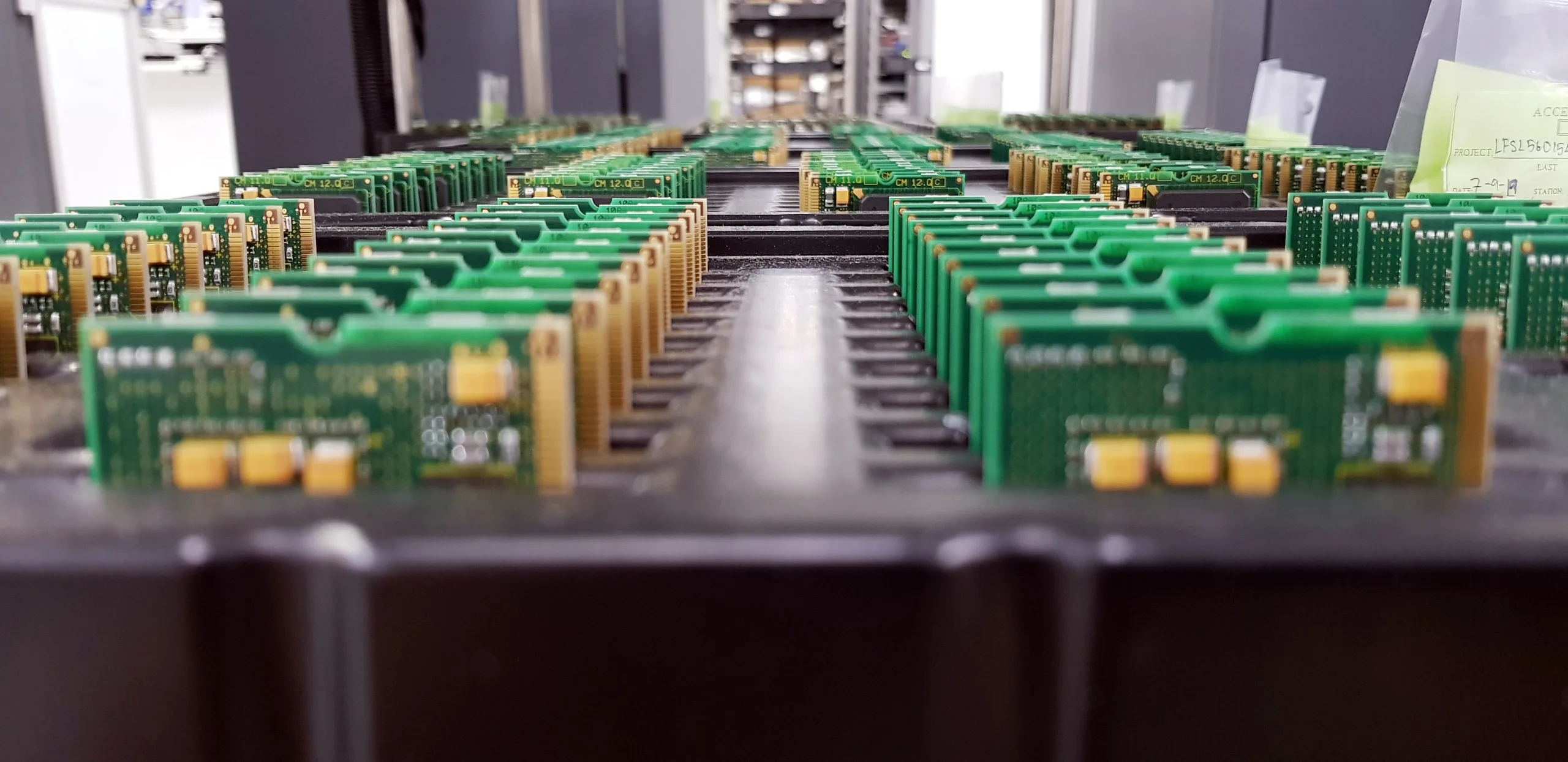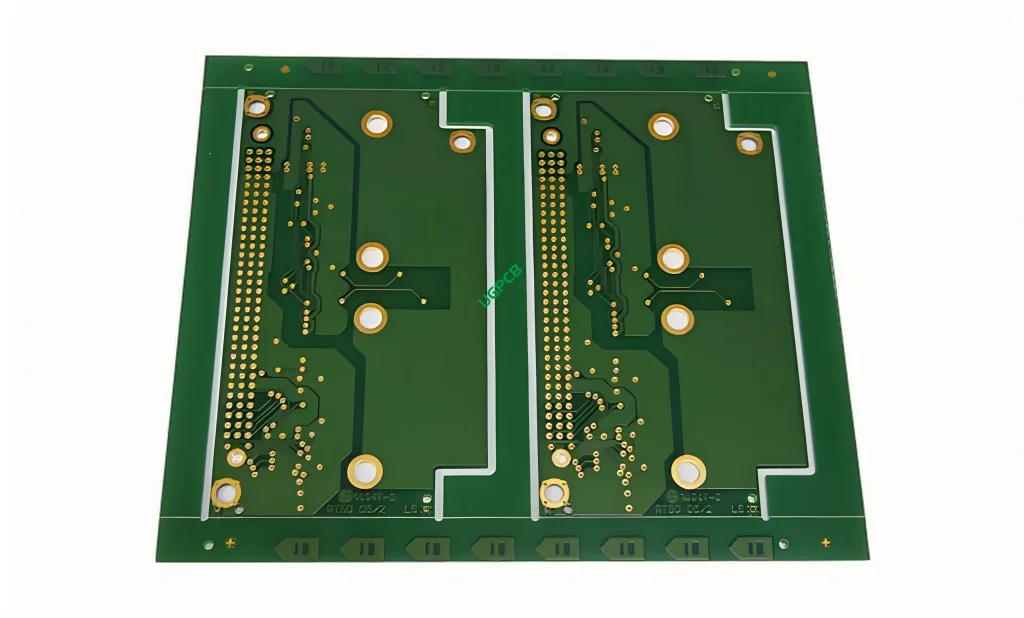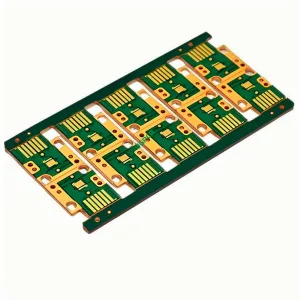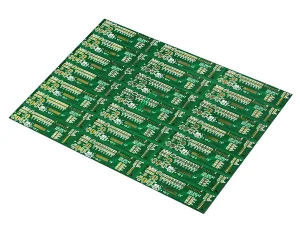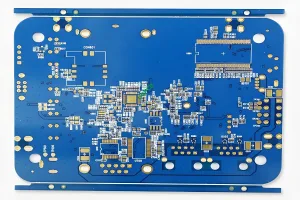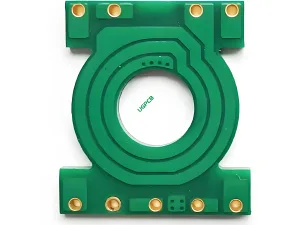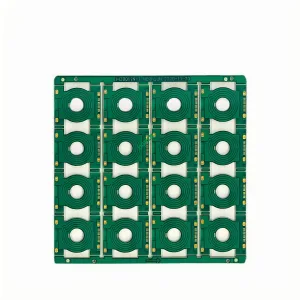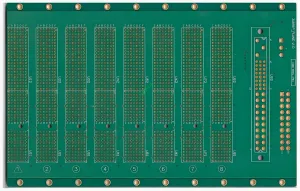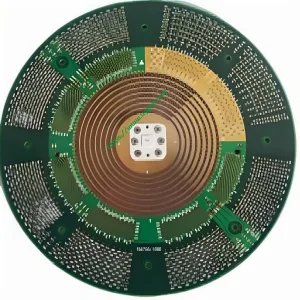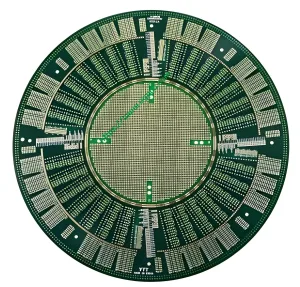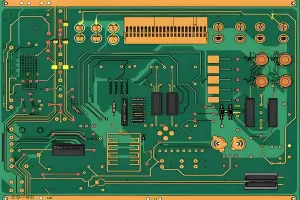Overview of the 36-Layer High TG Backplane PCB
The 36-Layer High TG Backplane PCB is a high-density, multilayer printed circuit board (プリント基板) designed for backplane applications. This PCB is ideal for complex electronic systems that need to manage high power and signal integrity.
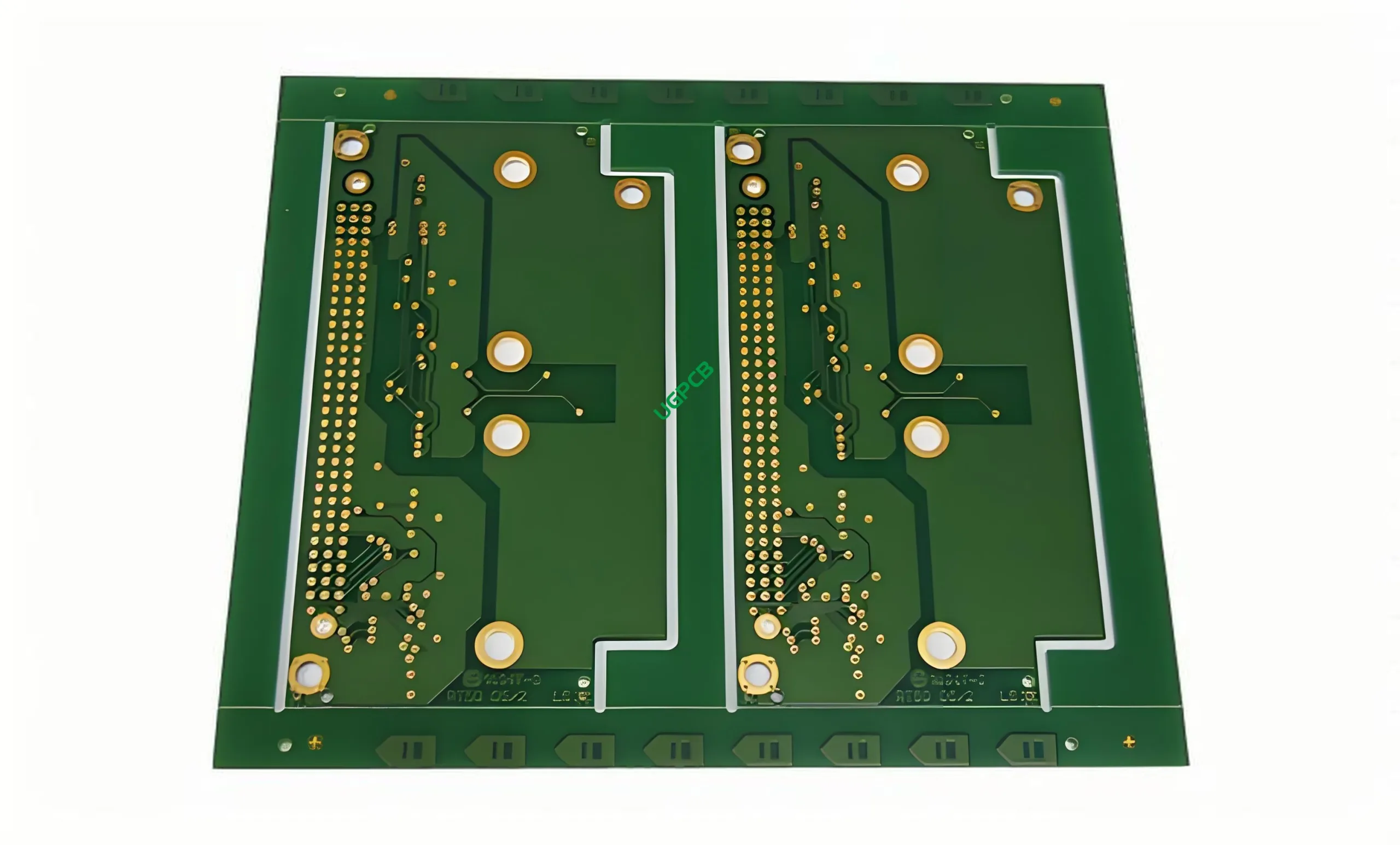
What is a 36-Layer High TG Backplane PCB?
A 36-Layer High TG Backplane PCB is a printed circuit board (プリント基板) と 36 layers of conductive material separated by insulating layers, specifically designed for backplane applications. The term “High TG” refers to the glass transition temperature, indicating the PCB’s ability to withstand high temperatures without losing its mechanical and electrical properties.
設計要件
The design requirements for a 36-Layer High TG Backplane PCB are stringent to ensure its performance and reliability:
- 材料: High TG FR4, chosen for its excellent electrical and thermal properties.
- レイヤー数: 36 layers to accommodate complex and dense circuit designs.
- 色: Green/White for easy identification and aesthetic appeal.
- 仕上がり厚さ: 2.4mm to provide structural integrity and durability.
- 銅の厚さ: 1OZ to ensure adequate conductivity and heat dissipation.
- 表面処理: Immersion Gold to enhance solderability and corrosion resistance.
- Minimum Trace and Space: 4ミル(0.1mm) to support fine circuit patterns.
- 特性: High multilayer, Panasonic M6 PCB material, known for its high reliability and performance.
How Does It Work?
The 36-Layer High TG Backplane PCB works by providing a platform for various electronic components to be interconnected through conductive pathways. These pathways, or traces, are made of copper and are etched onto the board. The high TG FR4 material ensures that the PCB can withstand high temperatures without losing its mechanical and electrical properties, while the immersion gold surface treatment ensures that these traces remain conductive and resistant to corrosion.
アプリケーション
The primary application of the 36-Layer High TG Backplane PCB is in backplane applications where it manages and regulates the flow of electrical signals. This includes:
- Data communication devices
- Networking equipment
- Industrial control systems
- Telecommunication infrastructure
分類
Based on its features and applications, the 36-Layer High TG Backplane PCB can be classified as a high-speed digital PCB designed for backplane applications. This classification highlights its capability to handle high-frequency signals and provide stable electrical connections.
材料構成
The core material used in the 36-Layer High TG Backplane PCB is High TG FR4, a high-performance composite material known for its excellent mechanical, サーマル, and electrical properties. This material ensures that the PCB can withstand the demands of backplane applications.
性能特性
The performance characteristics of the 36-Layer High TG Backplane PCB include:
- High signal integrity
- Low signal loss
- Superior thermal management
- Robust mechanical strength
- Long-term stability
Structural Details
The structural details of the 36-Layer High TG Backplane PCB are as follows:
- レイヤー数: 36 レイヤー
- 仕上がり厚さ: 2.4mm
- 銅の厚さ: 1オズ
- 表面処理: イマージョンゴールド
- Minimum Trace and Space: 4ミル(0.1mm)
- 特性: High multilayer, Panasonic M6 PCB material
特徴と利点
The key features and benefits of the 36-Layer High TG Backplane PCB include:
- High density interconnectivity
- Excellent signal integrity
- Robust mechanical construction
- Reliable long-term performance
- Aesthetic color options (緑/白)
製造工程
The production process of the 36-Layer High TG Backplane PCB involves several steps including:
- 材料の選択: Choosing high-quality High TG FR4 material.
- レイヤースタッキング: Arranging the 36 layers with precision.
- エッチング: Removing excess copper to form the desired trace patterns.
- ソルダーマスクの塗布: Applying a solder mask layer to protect the copper traces.
- メッキ: Applying immersion gold surface treatment.
- Assembly: Incorporating PTHs and vias for layer interconnections.
- テスト: Ensuring the PCB meets all performance specifications.
Use Cases
The 36-Layer High TG Backplane PCB is used in various scenarios such as:
- Backplane applications in data centers
- High-speed networking equipment
- Industrial automation systems
- Telecommunication infrastructure
 UGPCBのロゴ
UGPCBのロゴ
